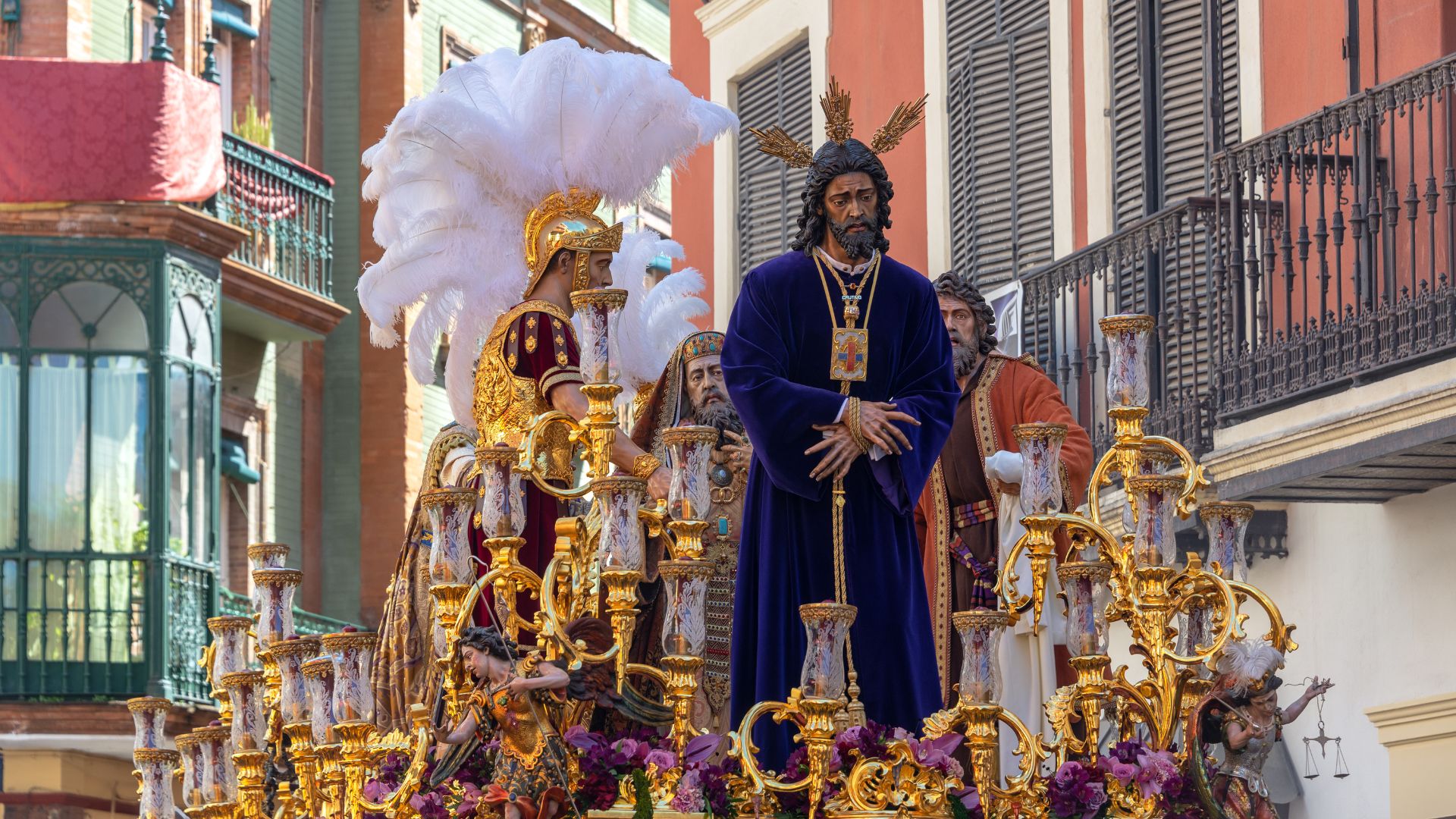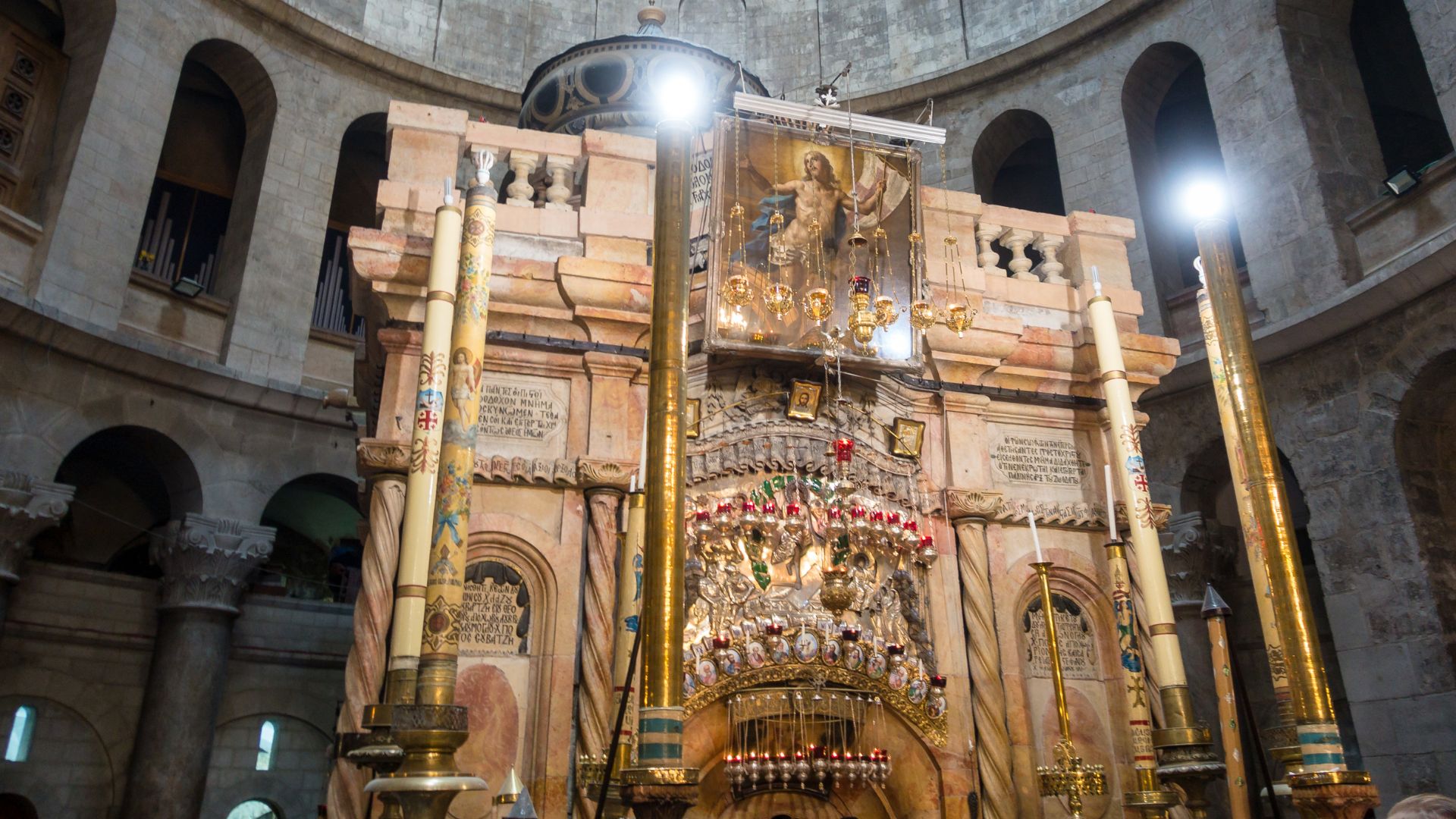Easter, a significant Christian holiday commemorating the resurrection of Jesus Christ, is celebrated with great enthusiasm and unique traditions in various cultures around the world. Among these, Greek Easter stands out as a vibrant and captivating celebration that blends religious devotion with age-old customs. In this article, we delve into the rich tapestry of Greek Easter traditions, exploring the customs, rituals, and symbolism that make this occasion a truly exceptional and cherished event.
Greek Easter, also known as Pascha, begins with the Holy Week, a period of intense religious observance and preparation. From Palm Sunday to Holy Saturday, devout Greeks participate in church services, processions, and ceremonies, immersing themselves in the profound spiritual significance of the occasion.

One of the most anticipated and crucial moments of Greek Easter is the Midnight Resurrection Service, known as the Anastasi. As the clock strikes midnight on Holy Saturday, churches are aglow with candlelight, and the atmosphere is charged with anticipation. The service culminates with the proclamation of Christ's resurrection, and as the words "Christos Anesti" (Christ is Risen) resound, joyous celebrations erupt, symbolizing the triumph of life over death.
Another remarkable tradition that takes place during the Anastasi is the lighting of the Holy Fire. As the clock strikes midnight on Holy Saturday, the flame is brought from the Church of the Holy Sepulchre in Jerusalem, where it is believed to miraculously ignite. The Holy Fire represents the divine presence and the resurrection of Christ. As the flame is shared among the gathered faithful, the darkness is transformed into a sea of flickering candles, symbolizing the light of Christ spreading throughout the world. This awe-inspiring spectacle evokes a profound sense of spiritual unity and joy, as believers witness and participate in the divine presence and the triumph of life over death. The lighting of the Holy Fire during Anastasi is a powerful reminder of the hope and salvation found in the resurrection of Christ.

Easter eggs hold a special place in Greek traditions, with the egg symbolizing rebirth and new life. One of the most beloved customs is the egg-cracking game, known as "Tsougrisma." In this lively game, two people each hold a red-dyed egg and take turns tapping the ends against each other. The goal is to crack the other person's egg while keeping your own intact. The last person with an uncracked egg is believed to have good luck for the coming year.

Greek Easter is also renowned for its sumptuous culinary delights. The centerpiece of the Easter feast is typically a whole roasted lamb, known as "Magiritsa" or "Paschal Lamb." Magiritsa, also known as Paschal Lamb, holds a cherished place in Greek Easter traditions and cuisine. Magiritsa is a hearty and flavorful soup that is traditionally prepared and enjoyed after the midnight Resurrection Service on Holy Saturday. This soup, rich in taste and symbolism, features lamb offal, herbs, vegetables, and a lemon-egg sauce known as "Avgolemono." The inclusion of lamb in Magiritsa signifies the sacrificial lamb of God and represents the redemption and rebirth brought forth by Christ's resurrection. The dish holds cultural significance and is a delicious way for Greeks to break their fasting period during Holy Week. Magiritsa not only nourishes the body but also symbolizes the spiritual nourishment gained from the profound Easter traditions celebrated throughout Greece.

In some regions of Greece, particularly in the island of Corfu, an enchanting custom takes place on Holy Saturday night known as the "Botides." Children and adults carry beautifully adorned lanterns, called "Botides," through the streets, illuminating the darkness. The flickering lights create a mesmerizing spectacle and evoke a sense of spiritual unity, as the procession symbolizes the victory of light over darkness.

Greek Easter is a captivating blend of profound religious devotion, age-old customs, and joyous festivities. From the mystical Midnight Resurrection Service to the crackling of eggs in the Tsougrisma game, and from the vibrant lantern processions to the mouthwatering flavors of the Easter feast, every aspect of this celebration bears deep symbolic meaning and cultural significance. Greek Easter is an occasion that unites families, communities, and generations, reinforcing the bonds of faith and tradition. Experiencing the unique traditions of Greek Easter is an opportunity to witness the rich tapestry of Greek culture and its profound connection to the timeless message of resurrection and hope.
